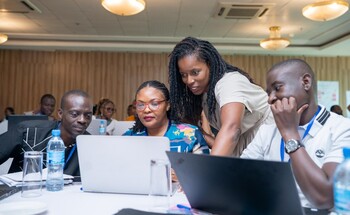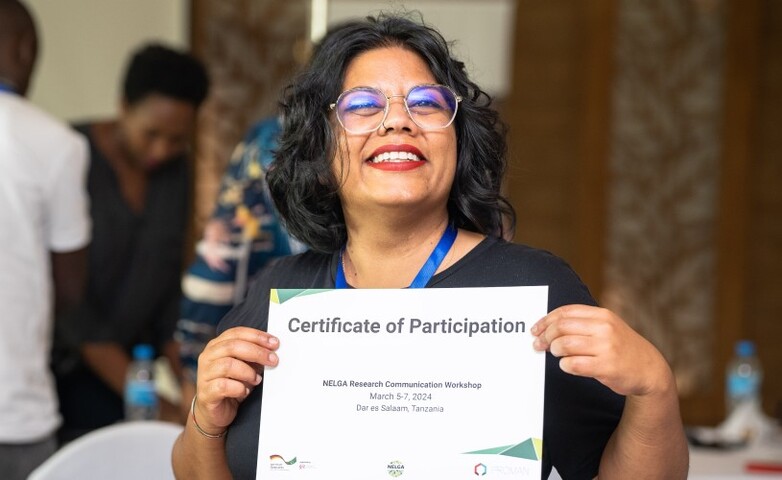Supporting experts and institutions to advise on land policies across Africa
Strengthening Advisory Capacities for Land Governance in Africa (SLGA)
-
Client
German Federal Ministry for Economic Cooperation and Development (BMZ)
-
Country
-
Political sponsors
More
-
Runtime
2014 to 2026
-
Products and expertise
Rural development

Context
Weak land governance and insecure land rights remain major challenges across Africa, hindering development and stability.
To address these issues, the African Union (AU) established the African Land Policy Centre (ALPC) to improve land policies across the continent and support initiatives like the AU Agenda on Land.
However, many countries face barriers such as insufficient administrative structures, gaps in academic programmes, and inadequate applied research. A lack of reliable data for monitoring and evaluation further slows progress. Despite growing political will, implementing effective land policies remains difficult.
Objective
African institutions and professionals implement improved land policies that protect the rights of marginalised groups, including smallholder farmers, pastoralists, and women.
 © GIZ
© GIZApproach
As part of the Special Initiative on Agricultural and Food Systems Transformation (SI AGER), the project collaborates with the ALPC to advance the AU Agenda on Land through three measures:
- Supporting the Network of Excellence on Land Governance in Africa (NELGA), which connects over 70 African universities through six regional centres, a technical hub, and a continent-wide secretariat, focused on land management and policy;
- Providing scientific guidance to NELGA partner organisations for land policy processes, improving access to data, and enhancing land policy monitoring;
- Promoting education and training in land governance and policy through scholarships and research programmes in partnership with the German Academic Exchange Service (DAAD).
Last update: February 2025





